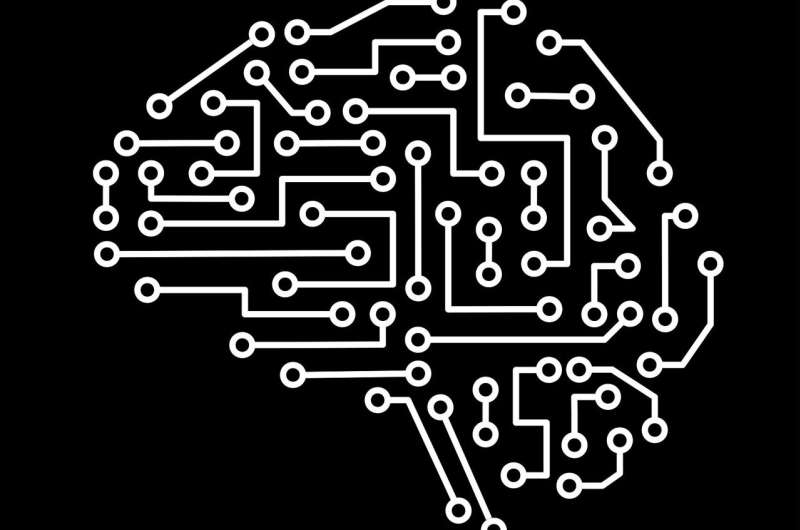Computer scientists develop method for identifying disease biomarkers with high accuracy

Researchers are developing a deep learning network capable of detecting disease biomarkers with a much higher degree of accuracy.
Experts at the University of Waterloo's Cheriton School of Computer Science have created a deep neural network that achieves 98 percent detection of peptide features in a dataset. That means scientists and medical practitioners have a greater chance of discovering possible diseases through tissue sample analysis.
There are multiple existing techniques for detecting diseases by analyzing the protein structure of bio-samples. Computer programs increasingly play a part in this process by examining the large amount of data produced in such tests to pinpoint specific markers of disease.
"But existing programs are often inaccurate or can be limited by human error in their underlying functions," said Fatema Tuz Zohora, a Ph.D. researcher in the Cheriton School of Computer Science.
"What we've done in our research is to create a deep neural network that achieves 98 percent detection of peptide features in a dataset. We're working to make disease detection more accurate to provide healthcare practitioners with the best tools."
Peptides are the chains of amino acids that make up proteins in human tissue. It is these small chains that often display the specific markers of disease. Having better testing means it will be possible to detect diseases earlier and with greater accuracy.
Zohora's team calls their new deep learning network PointIso. It is a form of machine learning or artificial intelligence that was trained on an enormous database of existing sequences from bio-samples.
"Other methods for disease biomarker detections usually have lots of parameters which have to be manually set by field experts," Zohora said. "But our deep neural network learns the parameters itself, which is more accurate, and makes the disease biomarker discovery approach automated."
The new program is also unique in that it is not trained to only look for one kind of disease but to identify the biomarkers associated with a range of diseases, including heart disease, cancer and even COVID-19.
"It's applicable for any kind of disease biomarker discovery," Zohora said. "And because it is essentially a pattern recognition model, it can be used for detection of any small objects within a large amount of data. There are so many applications for medicine and science; it's exciting to see the possibilities opening up through this research and how it can help people."
Zohora's recently released study, "Deep neural network for detecting arbitrary precision peptide features through attention based segmentation," with co-authors M. Ziaur Rahman, Ngoc Hieu Tran, Lei Xin, Baozhen Shan and Ming Li, was published in the journal Scientific Reports.
More information: Fatema Tuz Zohora et al, Deep neural network for detecting arbitrary precision peptide features through attention based segmentation, Scientific Reports (2021). DOI: 10.1038/s41598-021-97669-7
















